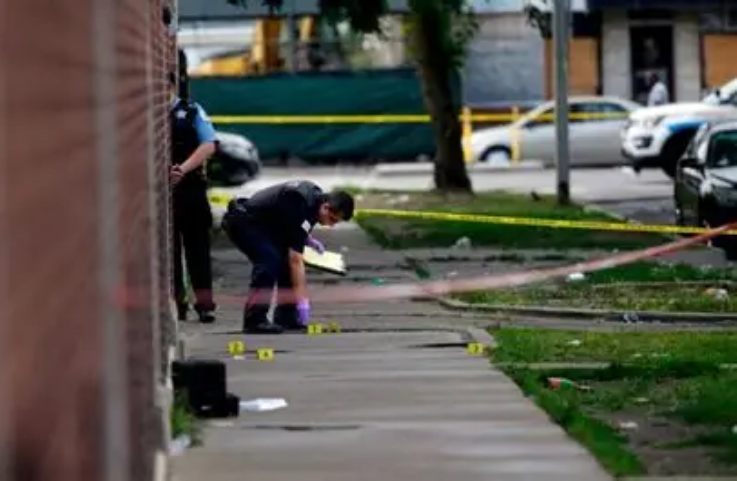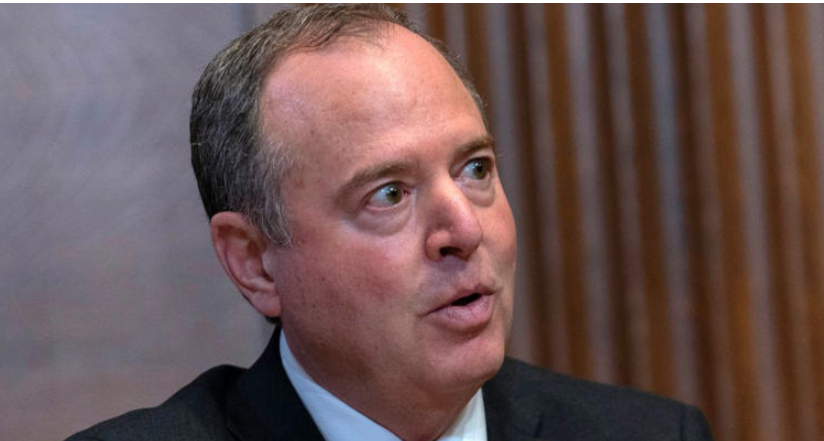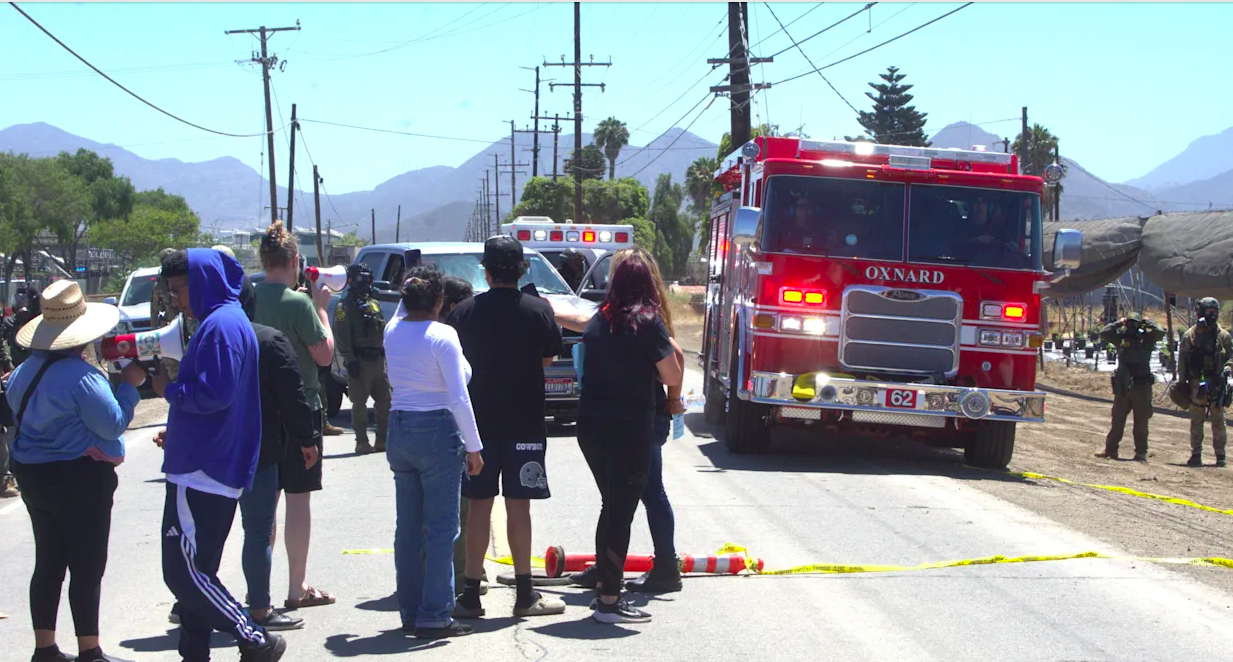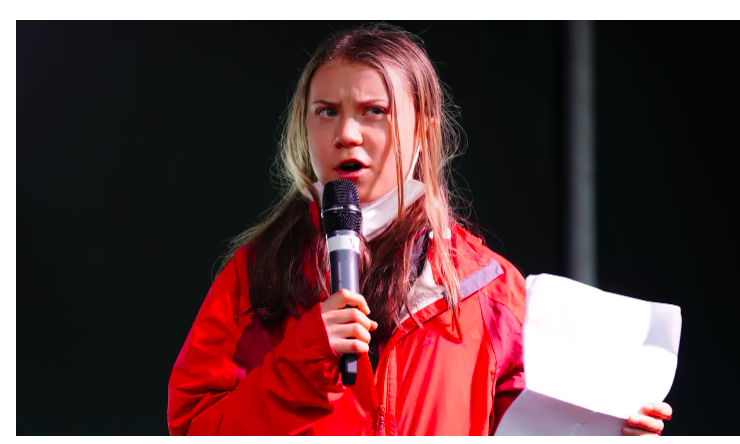Chicago: Over 2,200 Shooting Victims During Last 12 Months
Chicago’s deepening gun violence epidemic continues to scar the city as newly released data shows over 2,200 people were shot in the past 12 months. Despite repeated claims by city leaders that crime is trending downward, the raw numbers paint a grim picture of a metropolis overwhelmed by violence, undercutting the narrative of progress pushed by progressive policymakers.
According to a Breitbart News analysis of Chicago Police Department data, 2,228 individuals were wounded or killed by gunfire between July 2023 and July 2024. This staggering figure translates to an average of more than six people shot every single day. Though the city insists that shootings are slightly down compared to 2022 and 2021, the present total still far exceeds what any civilized urban center should consider tolerable.
Gun control advocates and Democratic politicians in the city continue to point to access to firearms as the core issue. However, critics argue that it’s not guns themselves that are to blame, but the breakdown of law and order—fueled by soft-on-crime policies, decaying family structures, and a spiritual void among the youth.
Chicago Police Superintendent Larry Snelling acknowledged some statistical improvements but admitted that “we are still seeing far too many people being shot.” His remarks came after CPD reported 25 fewer shooting incidents for the month of June compared to the same month last year. While that figure has been used to argue that the city is turning a corner, the broader yearly context makes it difficult to celebrate.
The violence in Chicago is not merely a policing issue—it reflects a culture in moral decline. Decades of fatherlessness, failed public education, and progressive criminal justice reforms have left entire neighborhoods without accountability, structure, or purpose. The tragic result: children growing up in a city where gunshots are more familiar than bedtime prayers.
One of the most disturbing elements of the report is the concentration of violence in just a few key areas. Neighborhoods like Englewood, Austin, and Garfield Park continue to suffer disproportionately from shootings, with many victims being young Black men under the age of 30. These same communities are often ignored except during election seasons, when politicians roll through with hollow promises and little follow-up.
The city has invested millions into so-called “violence interruption” programs and youth initiatives, yet the bloodshed persists. Critics argue that these efforts are largely performative and fail to address the root causes of violence: broken homes, absent fathers, lack of spiritual guidance, and the erosion of personal responsibility. Money can’t replace morality, and Chicago’s streets are living proof of this hard truth.
Adding to the frustration is the apparent reluctance of local leaders to enforce laws already on the books. Chicago has some of the strictest gun control laws in the nation, yet criminals continue to obtain firearms with ease. Rather than targeting law-abiding citizens or blaming neighboring states, conservatives insist that the focus must be on prosecuting repeat offenders and holding parents and community leaders accountable.
Faith leaders in the city, many of whom serve on the front lines in affected communities, have repeatedly called for a return to biblical values as the true remedy for the crisis. “This is not just a crime issue—it’s a sin issue,” said Rev. Raymond Carter of West Side Baptist Church. “Until we bring God back into our homes, our schools, and our neighborhoods, the violence will continue.”
Chicago’s political leadership, however, appears more focused on social justice rhetoric than enforcing justice itself. Mayor Brandon Johnson has frequently voiced support for police reform and community-based alternatives to incarceration, even as families mourn the growing death toll. Critics say his administration is more concerned with ideological purity than public safety.
Meanwhile, the national media largely downplays the daily toll of violence in Chicago, especially when it doesn’t fit the narrative of mass shootings carried out with so-called “assault weapons.” The truth is that the vast majority of shootings in Chicago involve handguns in high-crime neighborhoods, not AR-15s in suburban shopping malls.
While Chicago’s leaders tinker with policy and posture for political gain, families are left to bury their children and live in fear. As one grieving mother told ABC 7 Chicago, “They said shootings are going down, but I still lost my son. That’s not enough for me.”
Conservatives continue to call for a return to policies that emphasize law enforcement, personal accountability, family restoration, and faith. Until the city embraces a holistic approach grounded in biblical principles and moral clarity, any claims of progress will remain as hollow as the bullet-riddled buildings lining Chicago’s hardest-hit streets.
As the city looks ahead to yet another summer of potential unrest and rising heat, residents and faith-based organizations alike are praying not just for safety—but for revival. Without it, the city’s trajectory may remain unchanged, and the question remains: How many more will be shot before real change begins?
Keywords:
Chicago shootings, gun violence, crime statistics, conservative response, CPD data, faith and public safety, Brandon Johnson, gun control failure, inner-city crime, biblical values in politics





